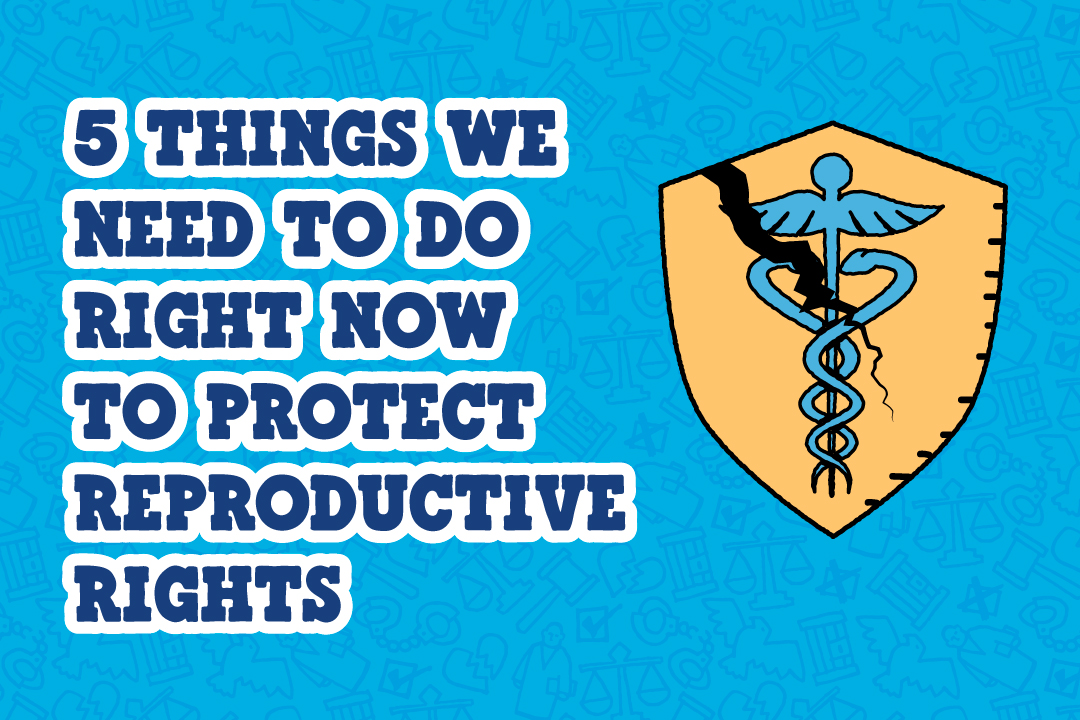Fight State-Level Abortion Bans
Many states have passed legislation that bans abortions after a certain number of weeks. Florida’s six-week abortion ban is particularly cruel and absurd, as many people don’t even know they’re pregnant at six weeks. (South Carolina passed a six-week ban too, but it’s been temporarily blocked.) Some states, like Ohio, are also trying to make it harder for voters to enshrine abortion protections in their state constitution.
As of mid-June, 14 states have banned all abortions. 44 states prohibit some abortions after a certain point in pregnancy.
• 1 state bans abortion at 6 weeks
• 4 states ban abortion at 15-20 weeks
• 7 states ban abortion at 22 weeks
• 4 states ban abortion at 24 weeks
These bans are being challenged in court. In Texas, five women whose pregnancies pose a grave risk to their lives are suing the state after being denied access to abortion. For some women, abortion bans may be a death sentence. Contact your local representatives, your state representatives, your mayor, your governor: Contact everyone—tell your friends and family to do the same—and let them know how you feel.


